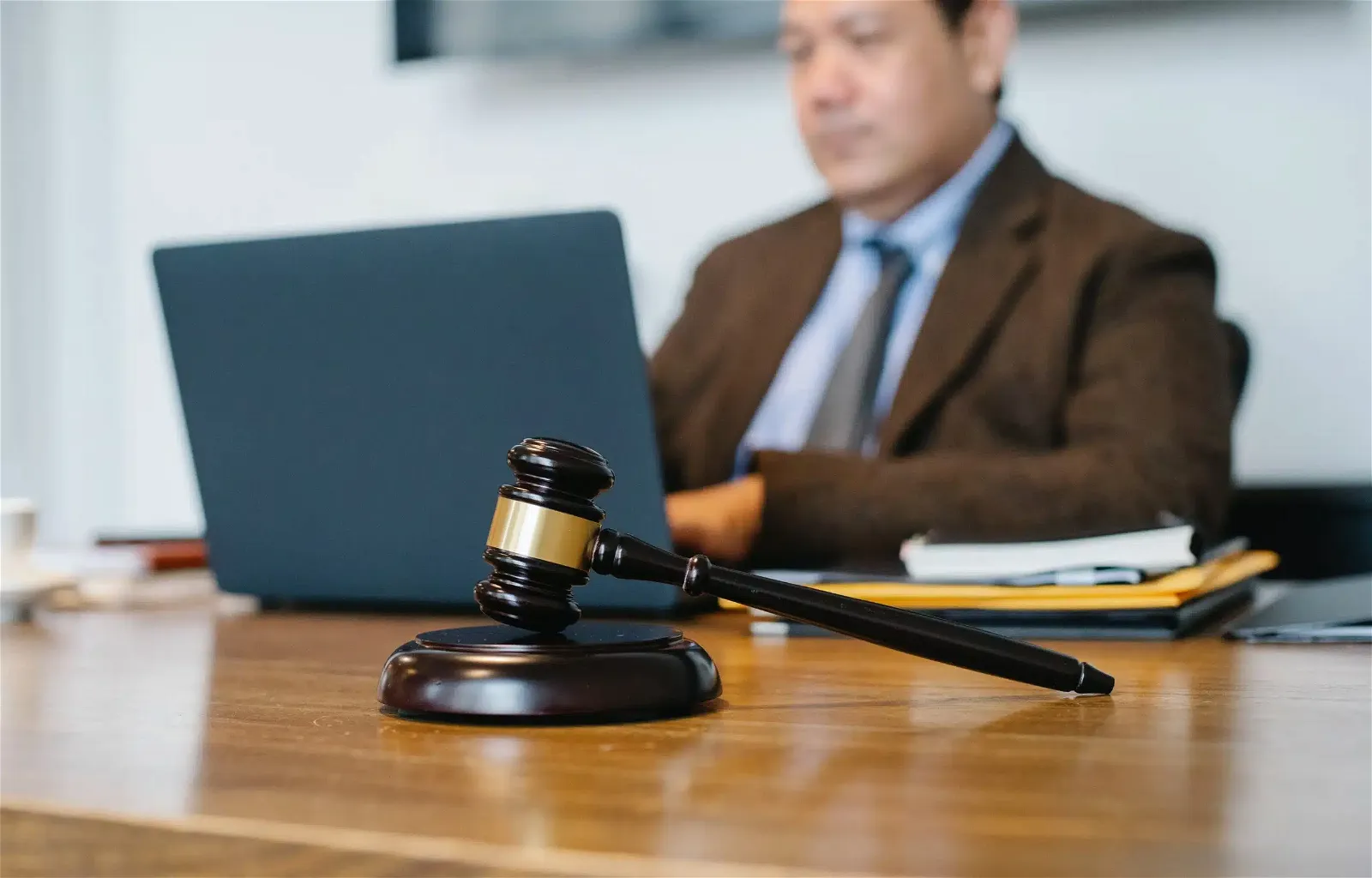When faced with a legal issue, many people turn to lawyers for help. But what do you do if you don’t have the money to pay for one?
Fortunately, there are options available that can make it possible for those without financial resources to get legal assistance.
From free or low-cost services provided by non-profits to online programs and self-help guides, here are some ways to get help if you don’t have money for a lawyer.

Jump To
. Lawsuit Funding
Lawsuit funding is a type of loan that provides cash to plaintiffs with pending lawsuits in exchange for a portion of the settlement or award from the case.
This type of funding can cover legal fees, living expenses, medical bills, and more while you wait for your case to resolve.
If you need legal help but don’t have the money to pay for it, lawsuit funding may be an option.
Additionally, there are some lenders who offer no-cost funding for qualified individuals.
While lawsuit funding is not free, it can provide the necessary funds to pay for a lawyer and help ensure that you get the legal assistance you need.
2. Free or Low-Cost Legal Services
If you don’t have enough money to hire a private attorney, you may be eligible for free or low-cost legal services offered by your state or local bar association.
These services are usually provided on a sliding scale basis and may include basic advice on various legal matters such as how to file documents with the court, what forms need to be completed, and even representation in some cases.
Contact your local Bar Association for more information about what types of services they provide.
3. Legal Aid Programs
If you don’t have money for a lawyer, you can look into legal aid programs.
Legal aid is a type of assistance that provides free or low-cost legal services to people who cannot afford them.
This includes those living in poverty and other marginalized communities.
The types of services vary from state to state but may include representation in court proceedings, advice regarding relevant laws and regulations, and help with completing paperwork.
The American Bar Association (ABA) offers some information regarding available legal aid options as well as resources for locating low-cost legal help in your area.
4. Online Programs and Self-Help Guides
If you don’t have the funds for a lawyer, then you may be able to find free or low-cost legal help online.
Many organizations provide self-help guides and online programs that can answer basic legal questions and provide resources to point you in the right direction.
This option is best suited for those with straightforward cases who need advice on how to proceed without breaking the bank.
Be sure to do your research when using these services as some of them may not be reliable or accurate.
Additionally, it’s important to understand that even if they offer helpful advice, they are not substitutes for an actual lawyer.
5. Pro Bono Representation
Pro bono representation is legal assistance from a lawyer who is willing to work for free.
While there are some lawyers who may be able to provide their services on a sliding scale, pro bono services can be even more beneficial.
To get started, contact your local bar association and ask about any pro bono programs available in your area.
You should also check with legal aid organizations or non-profit groups that offer low-cost or free legal help.
If you qualify, they may be able to connect you with an attorney who can provide assistance for your case.
6. DIY Justice
You can also take matters into your own hands and create and file your legal documents yourself.
There are a number of resources online that provide the forms necessary to start the process, such as those from LegalZoom or Rocket Lawyer.
Although it may save you money and time upfront, be sure to read carefully all instructions provided, research relevant laws, and understand any fine print before proceeding.
Additionally, this route may not be available in every state or for every type of legal issue.

When you don’t have money for a lawyer, there are still some options available.
Depending on your situation, you may qualify for free or low-cost legal services from your state or local bar association.
Additionally, there are resources online that provide helpful information and guides to help you navigate the process yourself.
Finally, if all else fails, you may be able to find a pro bono lawyer who can provide assistance at no cost.
Whatever route you choose, it is important to remember that the best way to protect your rights is by getting professional legal help.
